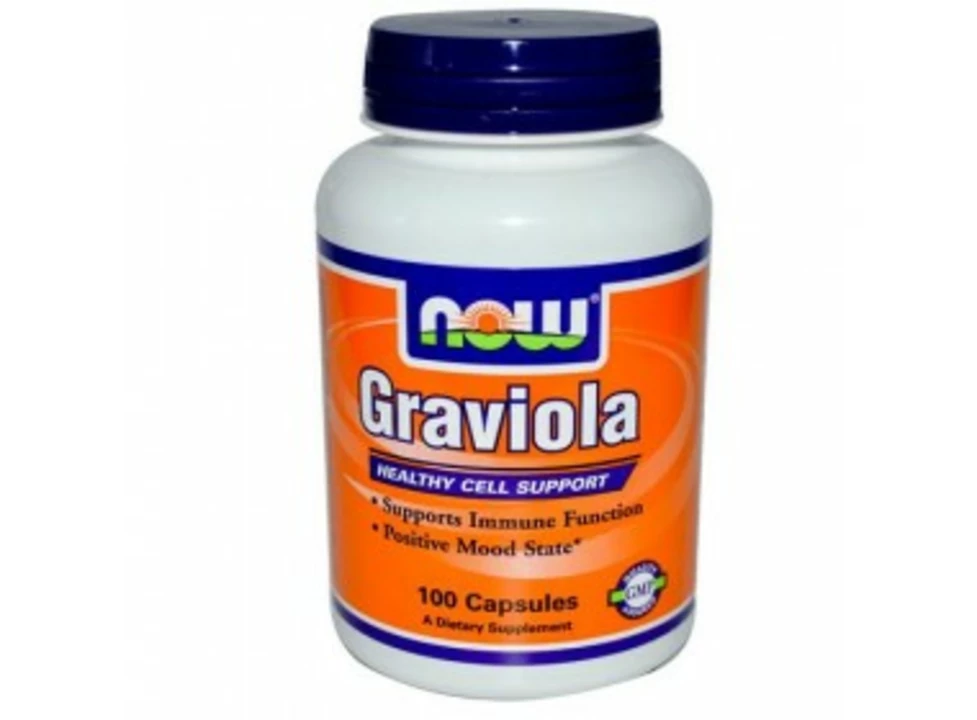Graviola (Soursop): Uses, Benefits, and Safety
Graviola, also called soursop, is a tropical fruit people have used for generations to ease stomach issues, reduce fever, and soothe mild aches. You’ll find it as fresh fruit, teas, powders, or capsules. Lab studies show graviola contains compounds called acetogenins that affect cells in test tubes, which sparked interest in cancer and antimicrobial uses. Human research is limited, though, so this page gives straightforward, practical info to help you decide if graviola fits your routine.
Traditional use and lab findings don’t equal proven treatments. Small animal and cell studies suggest potential benefits for inflammation, parasites, and some microbes, but clinical trials in people are few and weak. If you’re curious about graviola for everyday digestive complaints or mild pain, some folks report relief. For serious conditions like cancer or persistent infections, rely on medical care and talk to your doctor before adding any herb.
Uses and Evidence
People commonly try graviola for digestion, low-level pain, and general wellness. Expect mostly anecdotal reports and preliminary lab data rather than strong clinical proof. If you’re using graviola alongside prescription drugs, mention it to your clinician—herbs can interact with medicines and change how they work. Keep expectations realistic: the most robust evidence so far is from lab work, not large human studies.
Safety, Dosage, and Buying Tips
Safety needs attention. High or long-term use has been associated in case reports with nerve symptoms resembling Parkinson’s disease in some populations. Common side effects include nausea, vomiting, dizziness, and low blood pressure. Pregnant or breastfeeding people should avoid graviola unless a clinician approves. If you have low blood pressure, seizure disorder, or nervous system disease, don’t use it without medical advice.
There’s no standardized dose. Supplement strengths vary, so pick a reputable brand that offers third-party testing and clear ingredient lists. Start low: follow the label, try one short course, and watch for side effects. Avoid combining graviola with blood pressure meds, sedatives, or drugs that affect the nervous system unless your provider says it’s safe.
How to make a simple graviola tea: steep 1 teaspoon of dried leaves in one cup of hot water for 10 minutes, then strain. Drink one cup daily for up to two weeks and stop if you notice numbness, tremors, or dizziness. Keep a short symptom log to share with your clinician; that helps spot patterns early.
Buy whole fruit when available to enjoy the taste and fiber. For supplements, favor products that list the plant part and extraction method, provide lab certificates, and avoid any seller promising cures. Ask sellers about manufacturing standards, batch testing, and return policies.
Ask your healthcare provider: could graviola interact with my meds? Is there a safer herbal option for my symptom? When should I stop using it? Honest answers will help you use herbs responsibly.
Graviola has an interesting traditional history and lab results, but not enough human evidence to treat serious disease. Use caution, consult a healthcare professional, and prioritize proven treatments for major health issues.
Graviola: The Powerful Dietary Supplement You Need to Boost Your Immunity
I recently came across Graviola, an incredible dietary supplement that can help boost our immunity. This powerful, natural substance is derived from a tropical fruit tree and has been used for centuries in traditional medicine. Not only does Graviola aid in strengthening our immune system, but it also has antioxidant properties and supports overall health. I'm excited to incorporate this amazing supplement into my daily routine and I think you should too! Don't miss out on the benefits Graviola has to offer in maintaining a strong and healthy immune system.

